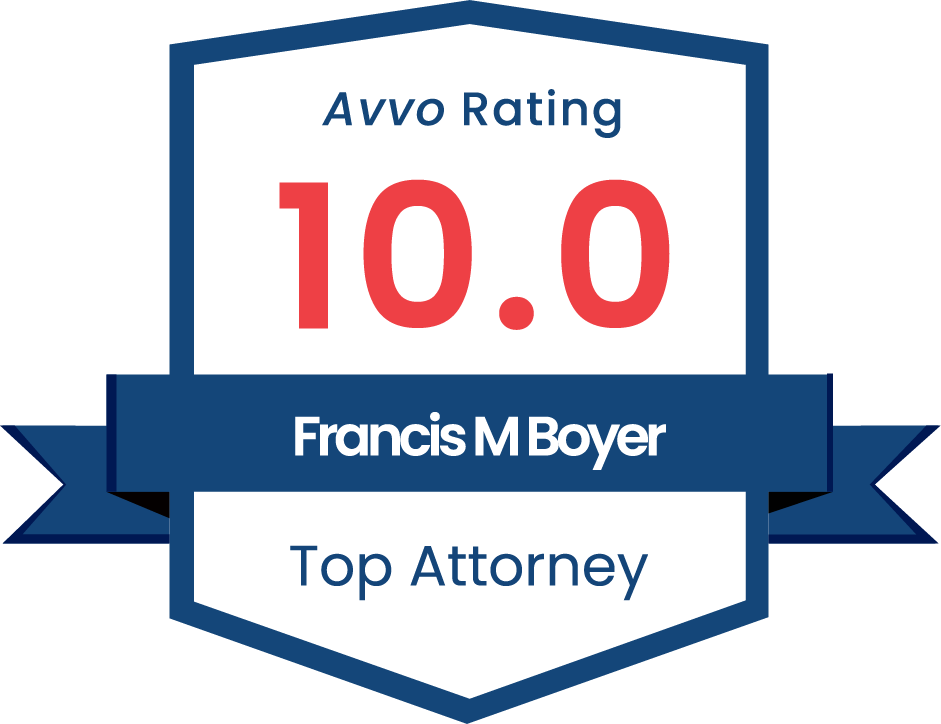Franchising is a business model that allows individuals to own and operate their own business using the branding, marketing strategies, and operational guidelines of an established company. The franchisee pays initial fees and ongoing royalties to the franchisor for the right to operate under their brand and benefit from their support services.
Franchising offers numerous benefits, including rapid business expansion, external financing options, and a reduced need for a large employee base. Each franchisee is an entrepreneur with a vested interest in the success of the business, which often leads to higher levels of commitment and performance compared to hired managers.
The primary legal document is the Franchise Disclosure Document (FDD), which outlines the terms and conditions of the franchise relationship. Other documents may include the franchise agreement, non-compete agreements, and various operational manuals. These documents are crucial for both parties to understand their rights and obligations.
Choosing the right franchise involves several factors, including your interests, skills, and financial capabilities. Conduct thorough research, consult with existing franchisees, and seek legal and financial advice. It’s also beneficial to evaluate the market demand and competition in your desired location.
Common disputes often relate to issues like royalty payments, advertising contributions, territorial restrictions, and quality control. These disputes can be resolved through various means, such as negotiation, mediation, arbitration, or litigation, depending on the terms of the franchise agreement and the severity of the issue.
The FDD is a comprehensive legal document that provides prospective franchisees with essential information about the franchisor, the franchise system, and the terms of the agreement. Federal law mandates that this document be provided to the potential franchisee well before any agreement is signed or any money is exchanged.
Terminating a franchise agreement is generally complicated and governed by the terms set forth in the agreement itself. Penalties for early termination can be severe, including the loss of your investment and potential legal action. Therefore, it’s crucial to understand your rights and obligations under the contract.
To protect your interests, consult with legal experts familiar with franchise law. They can help you review and negotiate the terms of the franchise agreement, advise you on compliance issues, and represent you in any disputes that may arise. Additionally, consider hiring a financial advisor to assess the viability of the franchise opportunity.
Financial obligations typically include an initial franchise fee, ongoing royalty fees, and contributions to a marketing fund. Additional costs may include inventory, equipment, and leasehold improvements. Understanding these financial commitments is crucial for the success of your franchise.
If a dispute arises, consult your franchise agreement for the prescribed methods of resolution, which may include negotiation, mediation, arbitration, or litigation. Legal representation is highly recommended to protect your interests during the dispute resolution process.

